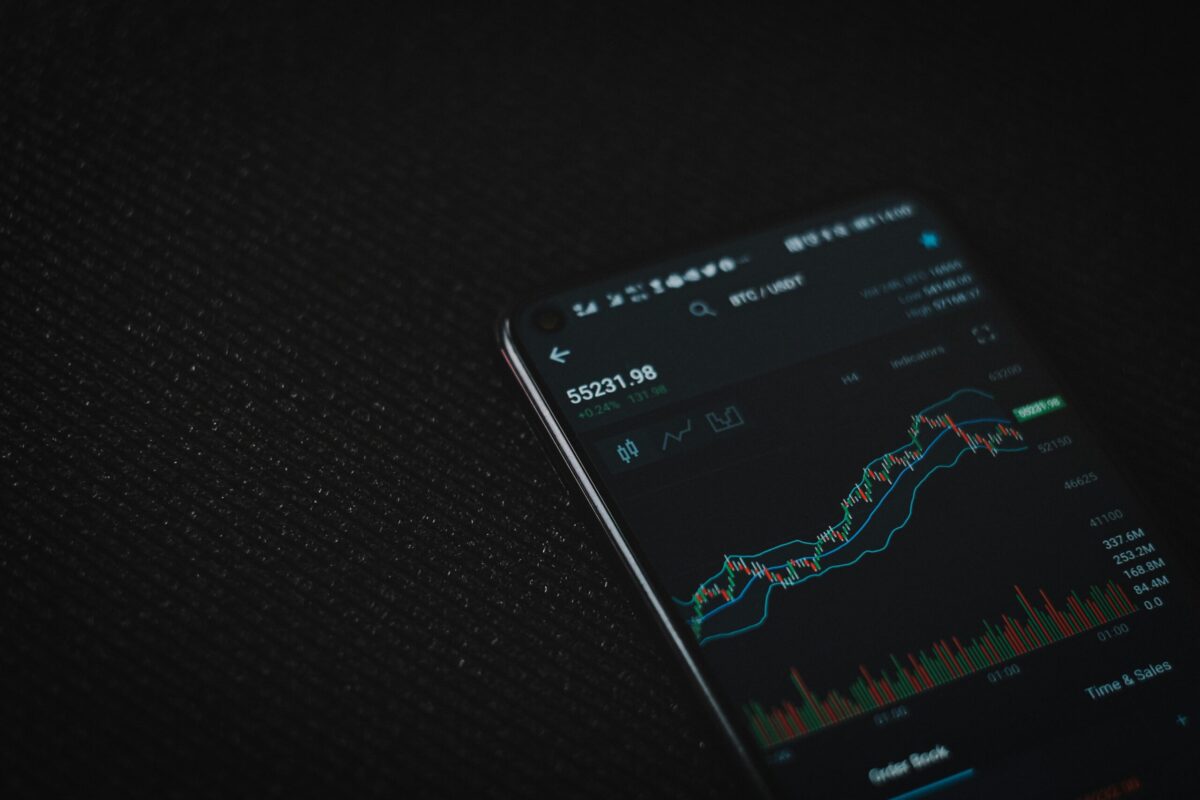On Wednesday, defunct cryptocurrency exchange Mt. Gox transferred 37,477 Bitcoin, valued at $2.47 billion, as reported by Arkham Intelligence. This was from a cold wallet to an unknown address.
Additionally, the exchange internally moved 5,106 $BTC, worth $226 million, between cold wallets. These transactions are likely part of Mt. Gox’s plan to repay its creditors.
Mt. Gox was once a major cryptocurrency exchange that collapsed in 2014 after a massive security breach led to the loss of 850,000 Bitcoin. This incident left around 127,000 creditors seeking repayment.
The current repayment process aims to return the remaining assets to these creditors, concluding a decade-long legal and financial saga.
Kraken’s role
The previous day, Kraken began distributing assets to Mt. Gox creditors, which might have added selling pressure on the market.
On that same day, Mt. Gox had already transferred 42,587 Bitcoin, approximately valued at $2.85 billion.
This activity followed a significant transfer on 22 July, when $2.8 billion in Bitcoin was moved to various wallets. This includes the $340 million sent to four wallets linked to the Bitstamp exchange.
Bitstamp is among the five exchanges collaborating with the Mt. Gox trustee to facilitate the return of funds to creditors.
Last week, Kraken announced that it received $3 billion worth of funds from the Mt. Gox Trustee and would start distributing them within 7 to 14 days.
Kraken co-founder Jesse Powell described the day as “glorious” for creditors, noting, “What a long road. Glad to be closing the door on this chapter of crypto”.
Kraken CEO, Dave Ripley, also confirmed the successful distribution of Bitcoin and Bitcoin Cash to creditors.
He noted that nearly a decade has passed since Kraken was chosen by the Trustee to help investigate and return client funds.
Ripley highlighted the Trustee’s diligence in preserving the value of the Bitcoin over the years, which is now benefiting the creditors.
As of now, just over 40% of the Bitcoin owed to Mt. Gox creditors has been distributed, according to CryptoQuant.
This leaves about 60%, or roughly $5.6 billion, yet to be returned.
Positive outlook on market stability
Despite receiving their Bitcoin and Bitcoin Cash, most Mt. Gox creditors have not made significant sell-offs. This suggested a preference to hold their assets rather than sell immediately.
A survey on Reddit revealed that 55% of respondents plan to hold onto their Bitcoin. Jan3 CEO and Bitcoin advocate, Samson Mow, estimated that only 20% of the distributed Bitcoin might be sold, with the rest likely going into cold storage or being used as loan collateral.
Conversely, Bitcoin Cash, being more liquid, is expected to see a higher probability of being sold off.
When Mt. Gox began transferring large amounts of Bitcoin out of storage in May, it raised concerns of a potential market crash. However, Bitcoin’s price remained relatively stable, trading only 0.5% lower at $66,276, while up 4% over the past month.
The fear of a mass sell-off by Mt. Gox creditors is seen by some as exaggerated. Galaxy Digital’s head of research, Alex Thorne, noted that much of the Bitcoin repaid to creditors is owed to funds that won’t sell directly on the spot market.
He also suggested that individual creditors are likely to hold their Bitcoin longer than expected.
Other analysts echoed this sentiment, stating that the potential impact of Mt. Gox on Bitcoin’s price might already be “priced in”. They believe the worst of Bitcoin’s price action is behind us.
Recent data from CryptoQuant also indicated a more optimistic scenario. An increase in Bitcoin withdrawals from Kraken suggested that many recipients are moving their assets to cold storage rather than selling them immediately.
This trend could reduce selling pressure and potentially stabilise or boost Bitcoin’s price.
With 90,344 $BTC, valued at around $6 billion, still held by Mt. Gox, the ongoing question is whether creditors’ holding behaviour will continue to support Bitcoin’s market stability, countering earlier fears and uncertainties regarding the repayments.


